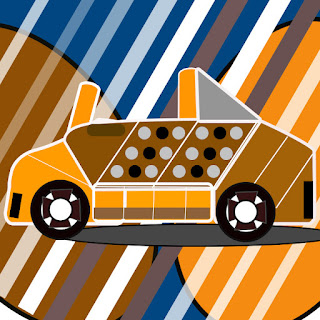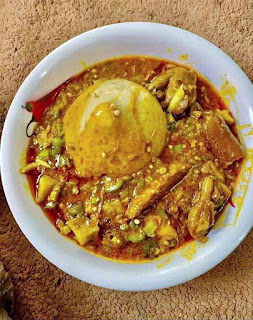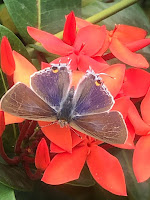Do you have any desire to learn or understand the Ewe language?
Learning every language starts from somewhere before the subsequent steps come in when one becomes familiar with the words of the language. Learning the Ewe Language is something people say is not so easy considering how technical the language is and when it comes to writing it, a whole new challenge and milestone is set to be achieved. But don't worry. In this post, we share some of the most learned words of the language that beginners tend to learn first. These are just simple words that can get you excited to desire more of the language as you maneuver your way to becoming proficient in the Ewe dialect.
The Ewe language has its own accent that is different from other languages spoken in the country but when learning with a native speaker, it is quite easier getting the differences and the pronunciations more clearly.
The first word on the list is:
Akpe
The first word on the list here is 'akpe' which means 'thank you'. To show appreciation to someone in the Ewe language this is the word used and widely among other regions in the country, this word is not easily forgotten because it is only a four-letter word with two syllables. Telling someone 'akpe' shows how a person is appreciative of whatever has been done to him or her. To add more intensity to it, a person can say 'akpe kaka' which means thank you very much. For people who by chance encountered some native speakers, this is the word they are likely to remember and you must also do so by keeping it in your memory.
.
Usage examples:
John helps Ebenezer get a load of firewood off his head.
Ebenezer shows appreciation by saying: Akpe or akpe kaka.
John responds (optional): Me su akpe oo. [This means this doesn't demand thanks.]
Efoa?
Whether two familiar people or strangers meet, the opening of a conversation will try to see how each party is faring. Asking someone Efoa? means How are you?
For the reason of cultural values among the people, a young person cannot ask an elderly how are you or efoa but rather the elderly or the older person is supposed to do so. When a person is asked efoa?, the response is 'Me for' and it means I am fine or I am doing well.
However age mates can exchange this word among themselves but not with an elderly.
Woezor
A visitor has to be welcomed politely for him or her to feel at home and that is exactly what this word does. Woezor means 'you are welcome'. In the traditional homes of the Ewes particular before greetings are exchanged, visitors have to be welcomed with this word.
Mia ga dogo
After friends or people generally end a conversation to part ways, the last word mostly before this is 'goodbye'. To tell someone goodbye in Ewe is to say: Mia ga dogo. The interpretation is not rigid which means start it can be interpreted as goodbye or we shall meet again.
MedekukuTo say please, one will say 'mede kuku'. One of the words or even put phrase that is extensively used in everyday conversation whilst interacting with people of all ages.
Understand the meaning of these words
Yakame: Someone who does not care about anything. He or she lives as is without purpose, vision or plan but moves only with the flow whether good or bad.
Nutsudula: Someone who eats too much food.
Adzodala: A thief
Vorvornatoe: A coward











Comments
Post a Comment
Share your views on this insightful content